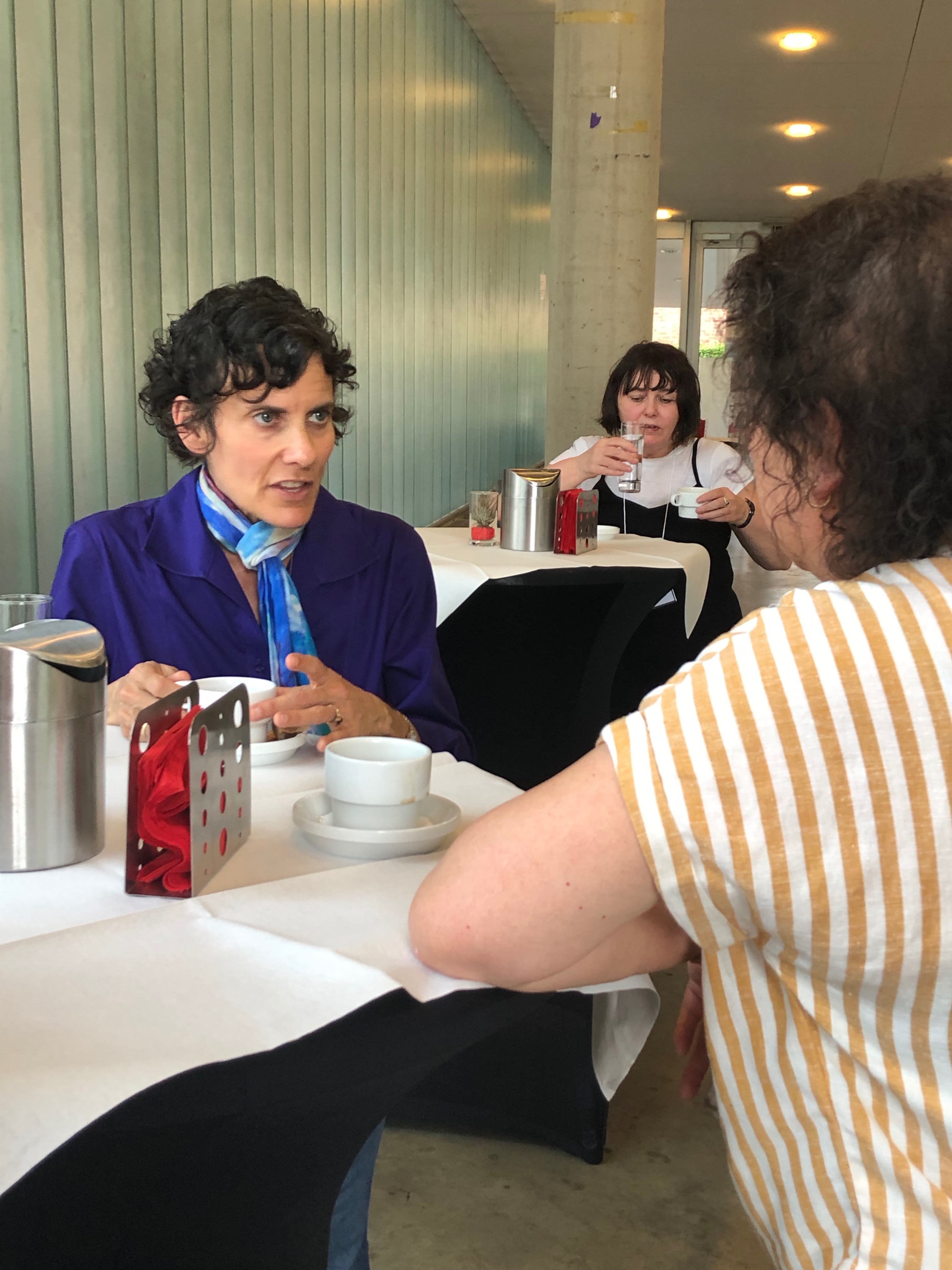Blog Post: How Critical Thinking is Sabotaged by Philosophers, Other Academicians and Business Charlatans

Linda Elder
Mar 11, 2024 • 52d ago
Mar 11, 2024 • 52d ago
How Critical Thinking is Sabotaged by Philosophers, Other Academicians and Business Charlatans
{"ops":[{"insert":"We have recently been reviewing, editing, and beginning to release some of our older archive video and audio, including this audio from the "},{"attributes":{"italic":true},"insert":"8"},{"attributes":{"italic":true,"script":"super"},"insert":"th"},{"attributes":{"italic":true},"insert":" International Conference on Critical Thinking and Educational Reform"},{"insert":" sponsored by the "},{"attributes":{"italic":true},"insert":"Center for Critical Thinking and Moral Critique"},{"insert":", our sister institution:\n\n"},{"attributes":{"color":"blue","link":"https://community.criticalthinking.org/watchEmbeddedVideo.php?id=343"},"insert":"https://community.criticalthinking.org/watchEmbeddedVideo.php?id=343"},{"insert":"\n\nIn this video, you can hear an early introduction by Gerald Nosich, along with some of Richard Paul’s 1988 comments on the state of critical thinking in education, as well as some lively personal anecdotes from his own higher education experiences.\n\nSadly, much of what Richard discusses in this keynote address in terms of problems in schooling are still prevalent today, 44 years after he established the "},{"attributes":{"italic":true},"insert":"Center for Critical Thinking"},{"insert":". During the 1980’s, when these comments were made, Richard envisioned critical thinking being gradually but steadily incorporated and integrated across schooling at all levels. He imagined centers for critical thinking being established, first across the country and then internationally. This has not happened.\n\nIn some ways, the problem of the lack of critical thinking in K-12 schooling and higher education has worsened since before we had a rich conception of critical thinking from which to draw. This is true for several reasons. One primary reason is that the field of "},{"attributes":{"italic":true},"insert":"Informal Logic"},{"insert":" in philosophy early on grabbed the title "},{"attributes":{"italic":true},"insert":"Critical Thinking"},{"insert":", so that critical thinking in academia continues to be dogged by argumentation and fallacy theory, both of which are secondary or peripheral, not primary, concepts in critical thinking (and both of which were prevalent before the concept of critical thinking was developed far beyond the narrow vision of philosophers).\n\nFurther, academicians from fields outside philosophy and outside critical thinking increasingly claim expertise in critical thinking when these academicians have little to no knowledge of explicit critical thinking concepts and principles, nor how to broadly foster critical thinking skills, abilities, and character traits in student thinking. These academicians treat the field of critical thinking as if they themselves are (without studying critical thinking) naturally versed in critical thinking. For instance, we now commonly see such course titles in higher education as Sociology and Critical Thinking, Psychology and Critical Thinking, Literature and Critical Thinking. This attitude and behavior toward critical thinking these same academicians would never countenance from others outside their fields laying claim to expertise within it.\n\nBecause critical thinking has not managed to establish itself as a field of study distinct from other academic fields, we increasingly hear that there is no established conception of critical thinking – when there "},{"attributes":{"italic":true},"insert":"is"},{"insert":" a shared conception based in first principles in critical thinking. And to make matters worse, because the term "},{"attributes":{"italic":true},"insert":"critical thinking"},{"insert":" appeals to the public as something naturally desirable (however vague their conceptions of it may be), we increasingly see charlatans hanging out their signs, digital or otherwise, in which they claim expertise in critical thinking. Business and academic leaders are led astray by the spurious or partial conceptions now parading as critical thinking.\n\nFor more on the history, concept and problems facing the advancement of critical thinking, read these articles from "},{"attributes":{"italic":true},"insert":"Inquiry: Critical Thinking Across the Disciplines"},{"insert":":\n\n"},{"attributes":{"color":"blue","link":"https://community.criticalthinking.org/viewDocument.php?doc=../content/library_for_everyone/135/Elder_Paul__sContributionstotheFieldofCriticalThinkingStudies.pdf&page=1"},"insert":"https://community.criticalthinking.org/viewDocument.php?doc=../content/library_for_everyone/135/Elder_Paul__sContributionstotheFieldofCriticalThinkingStudies.pdf&page=1"},{"insert":"\n\n"},{"attributes":{"color":"blue","link":"https://community.criticalthinking.org/viewDocument.php?doc=../content/library_for_everyone/145/ReflectionsontheNatureofCriticalThinking_ItsHistory_Politics_andBarriers_andonItsStatusacrosstheCollege_UniversityCurriculumPartI.pdf&page=1"},"insert":"https://community.criticalthinking.org/viewDocument.php?doc=../content/library_for_everyone/145/ReflectionsontheNatureofCriticalThinking_ItsHistory_Politics_andBarriers_andonItsStatusacrosstheCollege_UniversityCurriculumPartI.pdf&page=1"},{"insert":"\n\n"},{"attributes":{"color":"blue","link":"https://community.criticalthinking.org/viewDocument.php?doc=../content/library_for_everyone/146/ReflectionsontheNatureofCriticalThinking_ItsHistory_Politics_andBarriers_andonItsStatusacrosstheCollege_UniversityCurriculumPartII.pdf&page=1"},"insert":"https://community.criticalthinking.org/viewDocument.php?doc=../content/library_for_everyone/146/ReflectionsontheNatureofCriticalThinking_ItsHistory_Politics_andBarriers_andonItsStatusacrosstheCollege_UniversityCurriculumPartII.pdf&page=1"},{"insert":"\n"}]}
74 Views 0 Comments
Submit a comment
Comments
Be the first to comment!
